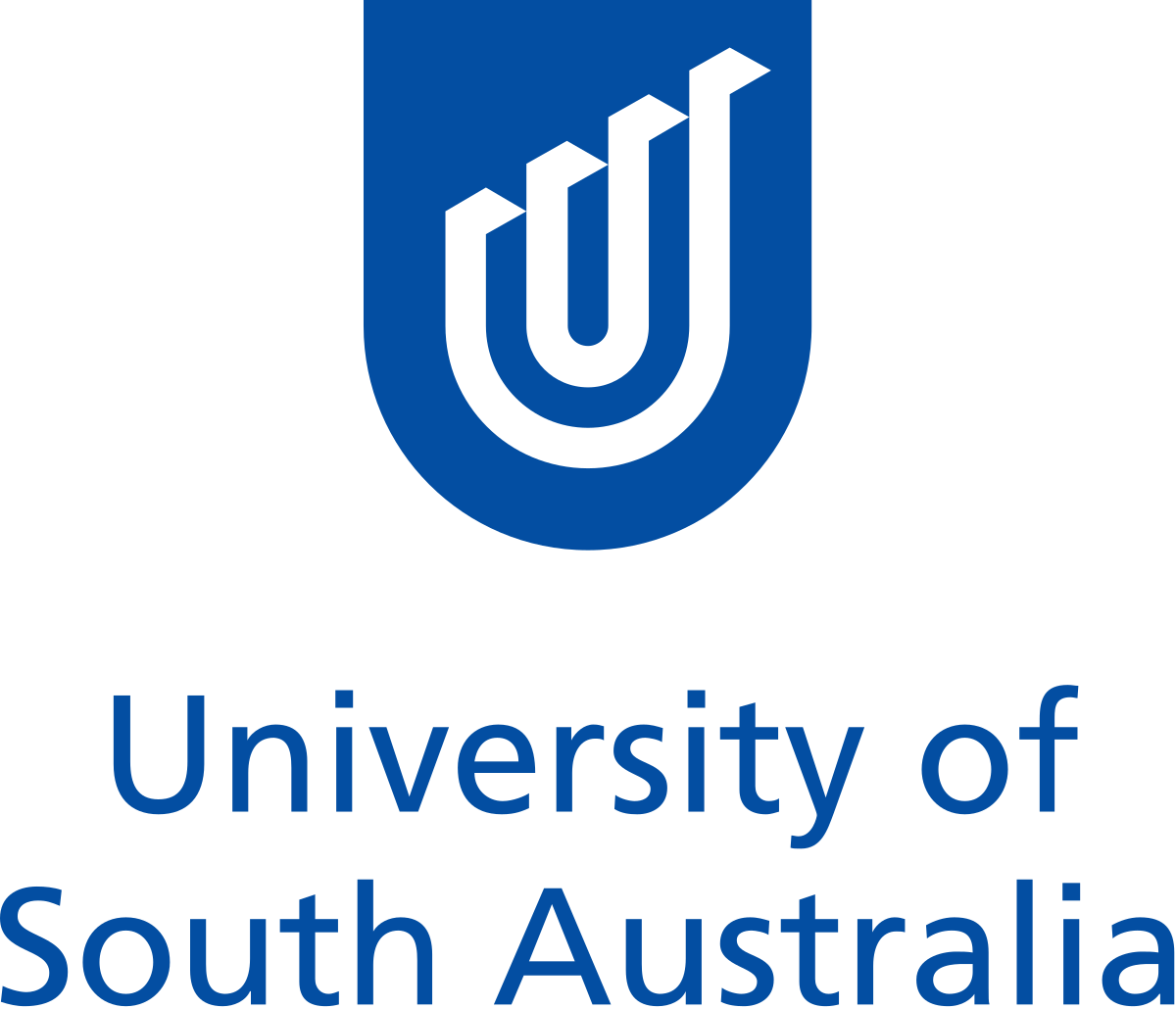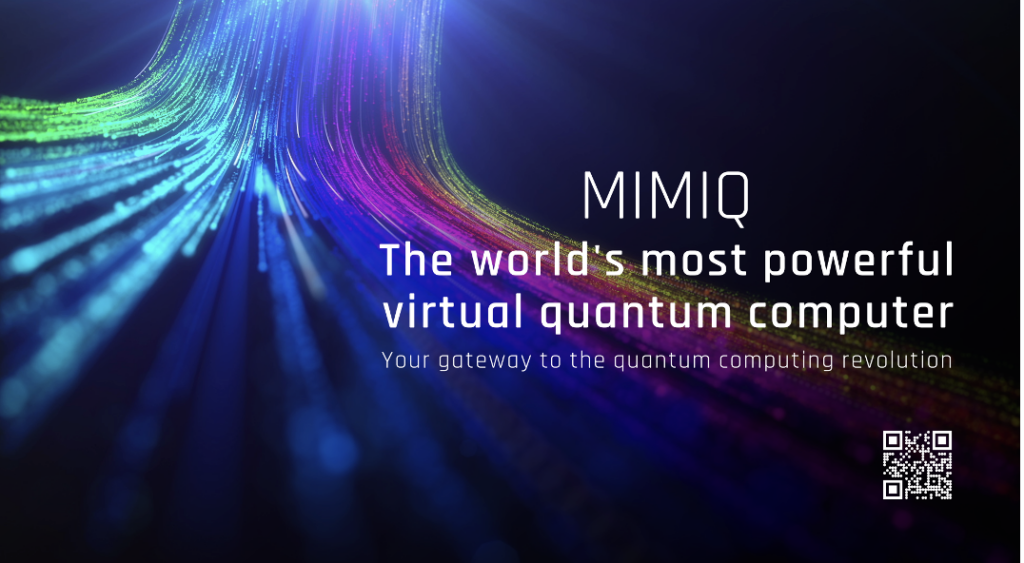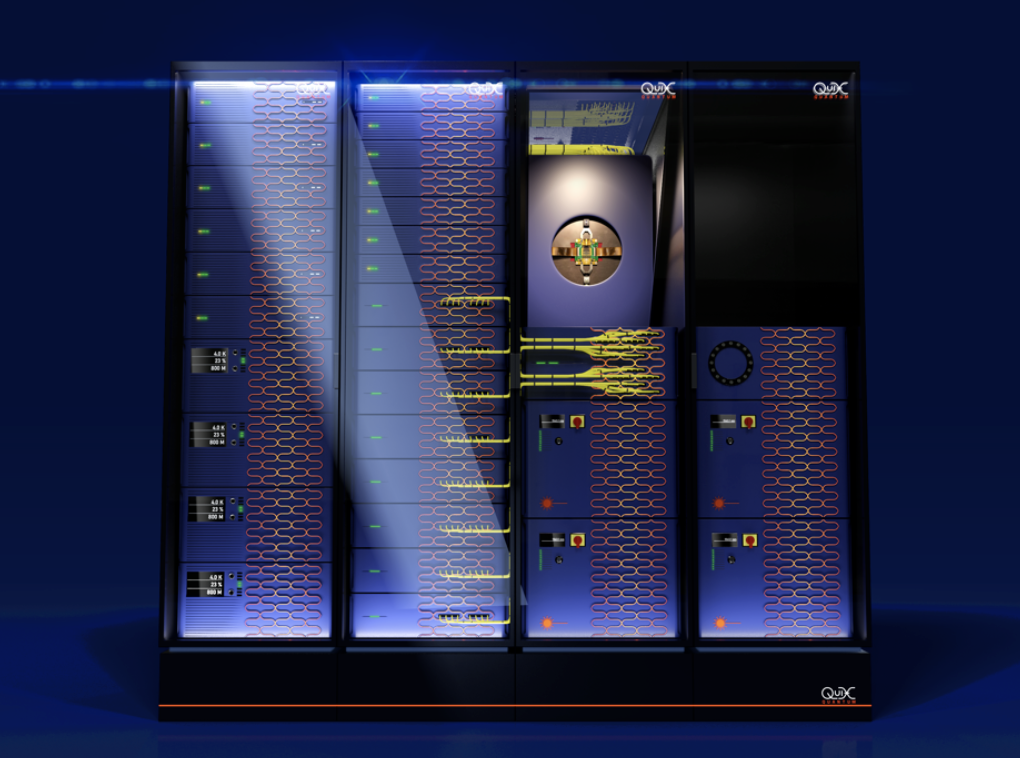Become a Quantum Expert
Interested in defence, space, cyber and quantum technologies? The University of South Australia — Australia’s University of Enterprise — is offering an exciting opportunity to apply for a project-based Ph.D. in partnership with Arqit.
Quantum key distribution (QKD), as defined by ETSI, is a method for generating and distributing symmetric cryptographic keys, with information-theoretic security based on quantum information theory. In simpler terms, QKD enables two parties to share a secret key of any length using the principles of quantum mechanics and thereby establish a perfectly secret communication channel.
QKD has been several decades in the making. After BB84, there are now QKD protocols E91, B92, BBM92, CV-GG02, SARG04, KMB09, T12, S13 and many more. Several space missions, e.g., QKDSat, QUARC and QEYSSat, are in progress to evaluate the feasibility of QKD through intersatellite optical/laser communications.
The recent surge of reports on quantum advantage and NIST’s recent announcement of four recommended post-quantum cryptosystems signals an urgent need to develop capabilities in the intersection of defence, space, cyber and quantum technologies. However, the knowledge and cost barriers are high.
In this multidisciplinary project, you will answer these questions:

- Given recent advances, what hardware and software components does a minimally viable experimental QKD setup entail?
- Which of the side-channel attacks such as detector blinding and photon number splitting, pose the direst threats to space systems, and why?
- How can current countermeasures such as decoy-state and twin-field, be updated to address the direst threats, and what cost/efficiency/size/resilience trade-offs are achievable?
In 2021, Gartner forecast 10 more years of hype before quantum technologies start delivering value. Before then, you will develop expertise in quantum security, produce ideas for making QKD not only practical for satellite-based implementations and be resilient to attacks. This will have global impact on real-world deployments of QKD.
As part of this project, you will have access to state-of-the-art lab equipment in:
- UniSA’s Defence and Space Building W;
- Laser Physics and Photonics Devices Laboratories;
- labs in Building SCT; and
- high-performance computing cluster called Gadi.
In this industry-engaged project, which is application-oriented, you will have the opportunity to undertake an industry placement with Arqit.
The number of headlines and the trend in venture capitalist funding in this area suggest quantum expertise is in high demand, and employment prospects are expected to grow. Thus, successful completion of this project will ensure you are well prepared for this ever-growing and important research field.
What you’ll do
In this project-based research degree you will perform:
- sourcing, indexing, reviewing, classification and citing of relevant research information;
- distilling of curated information into knowledge; (iii) analysis of research problems; and
- creation of new knowledge.
For proof of concept, simulations as well as hardware prototyping and experimentation using photonics are expected. You will also be supported to attend conferences.
Where you’ll be based
You will be based in UniSA’s Defence and Space Building W, within UniSA STEM.
UniSA STEM links engineering, mathematics, science, defence, cybersecurity, construction management, environmental science, aviation, information management, information technology, and project management, harnessing the connections across disciplines to bring big ideas to fruition.
Our researchers deliver technical expertise and advice to industry, government and community groups to make commercially viable and sustainable impacts. The Future Industries Institute, Innovation and Collaboration Centre and Australian Research Centre for Interactive and Virtual Environments all provide consultancy and access to advanced technology.
At UniSA, we address defence capability challenges by bringing together industry and researchers from multidisciplinary areas, including materials engineering, autonomous systems, telecommunications, information technology, organisational development, data management and analytics, advanced manufacturing, industrial design, augmented and virtual reality, biomechanics, human performance and psychology.
This Ph.D. project has been allocated the prestigious William T. Southcott Scholarship which has been established as a result of a bequest from Mr William T. Southcott. The scholarship will be offered to outstanding students to undertake a Ph.D. in the field of practical engineering at the University of South Australia. This scholarship including a living allowance 10% above standard support rates, valued at $32,000 per annum with a one off amount of $3,000 for research costs such as conferences, overseas study, and minor expenses.
Supervisory Team
- Dr Yee Wei Law — Principal Supervisor
- Professor Jill Slay — Co-Supervisor
- Professor David Lancaster — Co-Supervisor
- Mr David Plisek (ARQIT)
- Dr Ronald Mulinde (DSTG)
Financial Support
This project is funded for reasonable research expenses. Additionally, a living allowance scholarship of $32,000 per annum is available to eligible applicants. A fee-offset or waiver for the standard term of the program is also included. For full terms and benefits of the scholarship please refer to our scholarship information for domestic students.
An additional one off amount of $3,000 will be available to use towards research costs such as conferences, overseas study and minor development.
Eligibility and Selection
This project is open to applications from Australian or New Zealand citizens, and Australian permanent residents or permanent humanitarian visa holders. International applicants are not invited to apply at this time.
Applicants must meet the eligibility criteria for entrance into a PhD. Additionally, applicants must meet the projects selection criteria:
- A Bachelor degree (or higher) in engineering, computer science, physics or a relevant discipline from a reputable university
- Australian citizenship
Applicants will be assessed on the basis of their resume as well as a short essay outlining their vision for the proposed research and its potential benefits to industry.
The successful applicant is expected to study full-time, and to be based at our Mawson Lakes campus in the north of Adelaide.
Essential Dates
Applicants are expected to start in a timely fashion upon receipt of an offer. Extended deferral periods are not available. Applications close on Sunday, 6th November.
Keep up-to-date with the quantum computing industry by reading our latest news articles!
SOURCE: The University of South Australia
For more market insights, check out our latest quantum computing news here.




















